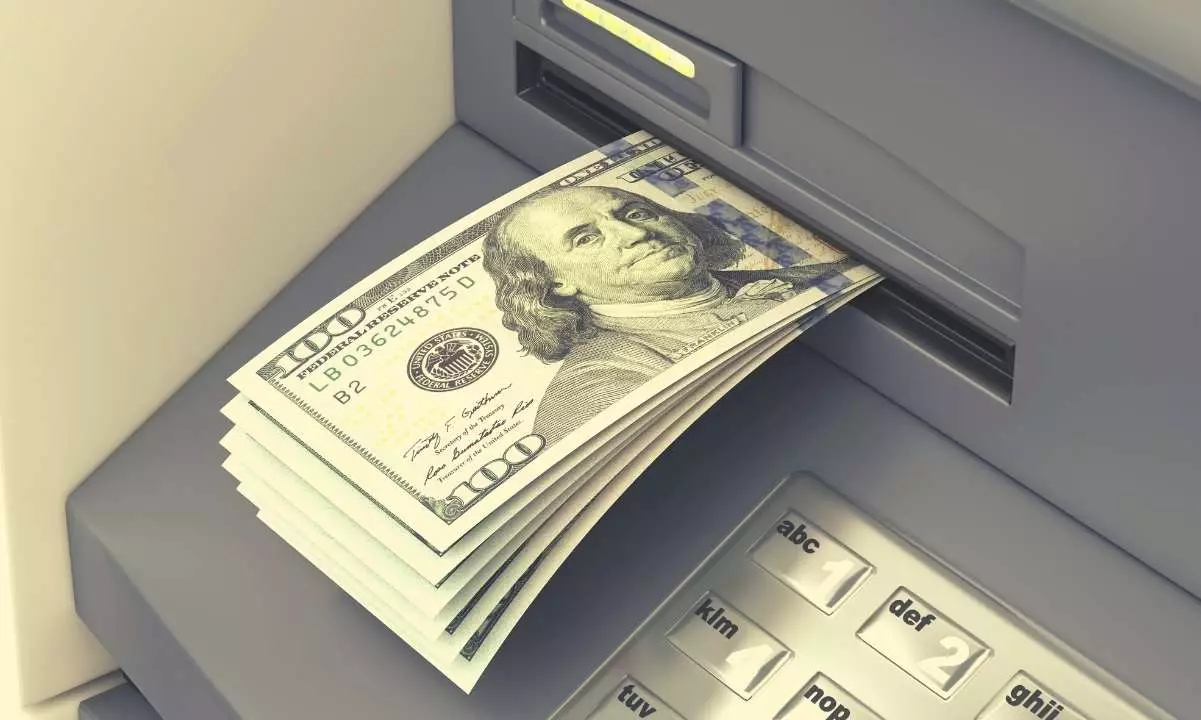The announcement of a national meme coin, known as CAR, by President Faustin-Archange Touadéra of the Central African Republic (CAR), has ignited a whirlwind of speculation, financial frenzy, and caution among investors worldwide. On February 9, 2023, the meme coin’s introduction was met with excitement, especially when reports emerged of an astute trader who transformed an initial investment of $5,000 into a staggering $12 million within hours just after the introduction. While this initial success may paint a dazzling picture of potential fortunes, it raises pressing concerns about the authenticity and sustainability of this newly launched cryptocurrency.
The trader, described in an analysis by Lookonchain, capitalized on the rapid fluctuations in the value of CAR tokens, demonstrating how volatility within meme coins can lead to astonishing gains—or devastating losses. The individual in question managed to procure 46.57 million CAR tokens with an investment of 25 SOL, capitalizing on early market movements that followed the president’s announcement. However, it begs the question: is this a sustainable method of investing or merely a reflection of the speculative bubble that is often associated with meme coins?
Despite the excitement following the launch, several red flags regarding the legitimacy of the CAR token have emerged. Initial analyses of President Touadéra’s video announcement hinted at potential manipulation, with AI verification tools flagging it as dubious. This uncertainty could lead investors to wonder if the entire operation could be a ruse rather than a legitimate governmental initiative. Such skepticism is further exacerbated by claims that the president’s social media account may have been compromised. However, the persistence of the original post online complicates this narrative and leaves much to speculate.
In the world of cryptocurrencies, where transparency is paramount, the conditions surrounding the release of CAR do not inspire confidence. Yokai Ryujin, the founder of Unrevealed XYZ, expressed doubts about the project’s authenticity, emphasizing that the domain for the CAR token was registered through Namecheap just days prior to the launch, a timeline that runs counter to what would typically be expected from a government-backed currency. Ryujin’s assertion signifies a critical viewpoint regarding the preparedness and integrity of such initiatives.
The fact that the launch took place at an unconventional hour, notably at 1 a.m. Central African Time, further compounds suspicions regarding the operational motives behind the CAR token release. Not only does this indicate a potential lack of seriousness, but it also raises concerns about who might be benefiting from the hype surrounding the token. Ryujin has also warned investors about the apparent volatility: the initial contracts were reportedly canceled, with developers shifting assets in a way that could jeopardize the liquidity pool.
Many investors flock to meme coins driven by the fear of missing out (FOMO), but this can often lead to dangerous financial engagements devoid of thorough due diligence. Ryujin has cautioned that the developmental team retained control over a substantial number of tokens, valuing around $17 million, which he warned could undermine the liquidity of the market, potentially leading to losses for countless investors who might have been swayed by ambitious promises or erratic market activities.
The evolving landscape of cryptocurrencies increasingly intertwines with internet culture, viral social phenomena, and political discourse. As meme coins gain traction, governments such as that of the United States have also sought to leverage such digital currencies as tools for strategic messaging. The recent scrutiny surrounding even established figures—like former President Donald Trump’s pre-inauguration meme coin—highlights how political contexts can influence the cryptocurrency narrative.
While meme coins may offer unique opportunities to engage new demographics in the financial world, they also beg for a comprehensive understanding of the speculative nature of cryptocurrencies. Governments like that of the Central African Republic must embrace transparency to build trust and legitimacy in their ventures into this volatile market. As the dust settles around the initial enthusiasm for CAR, it becomes ever more crucial for potential investors to tread carefully, weighing both the promises of financial transformations against the realities of risk that permeate this emerging financial frontier.

